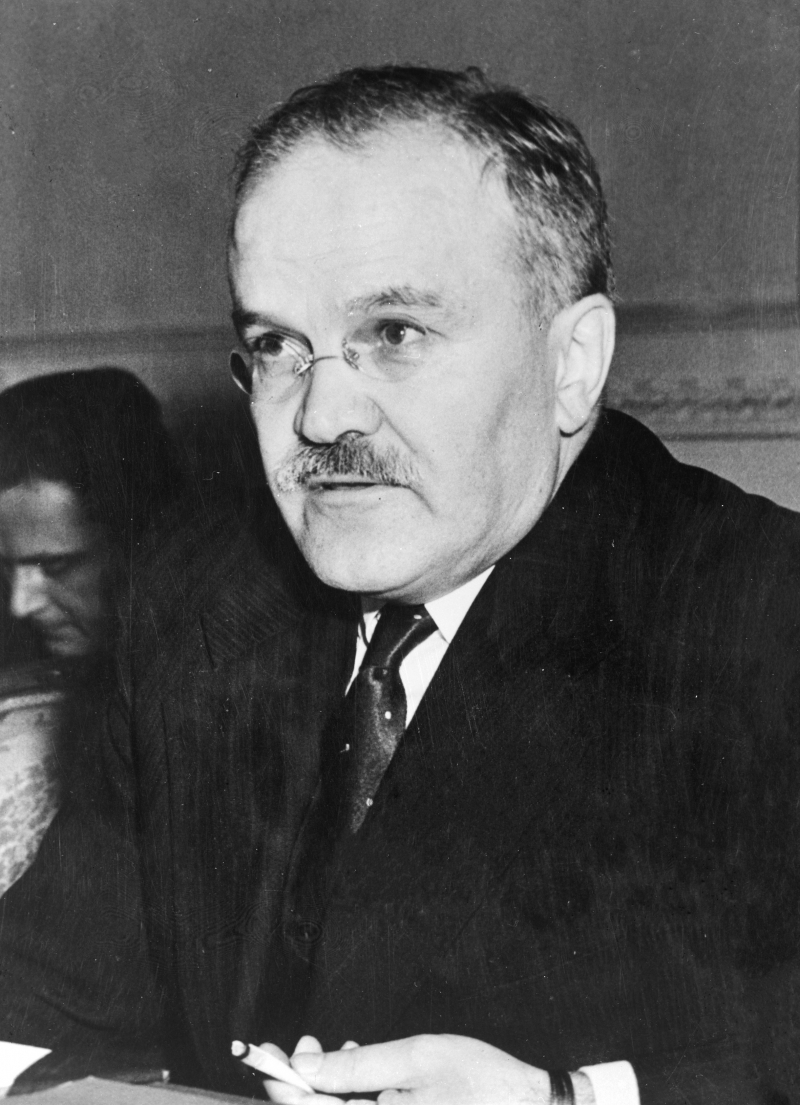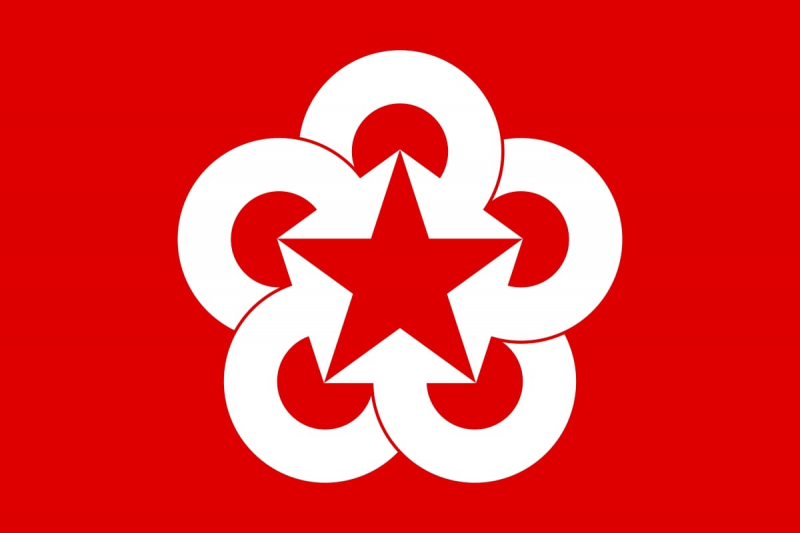The Molotov Plan (COMECON)

The Molotov Plan was a mechanism devised by the Soviet Union in 1947 to offer assistance for the reconstruction of Eastern European nations that were allied with the Soviet Union politically and economically.
In the Soviet Union, it was initially named the "Brother Plan." It can be considered as the Soviet Union's equivalent of the Marshall Plan, which the Eastern European nations would be unable to join due to political reasons unless they left the Soviet sphere of influence. Vyacheslav Molotov, the Soviet foreign minister, refused the Marshall Plan (1947), instead suggesting the Molotov Plan, a Soviet-sponsored economic association that was subsequently developed to become the Comecon (Council for Mutual Economic Assistance).
The Molotov Plan represented the Soviet Union's rejection to recognize or permit any of their satellite states to receive Marshall Plan aid. This is because they believed that the Marshall Plan was an effort to diminish Soviet interest in their satellite states through the conditions enforced and by trying to put beneficiary countries into being financially dependent on the United States. Actually, the Marshall Plan also aimed to stop Communism from developing. The plan called for a system of bilateral trade agreements, as well as the formation of Comecon, an economic union of socialist countries.







